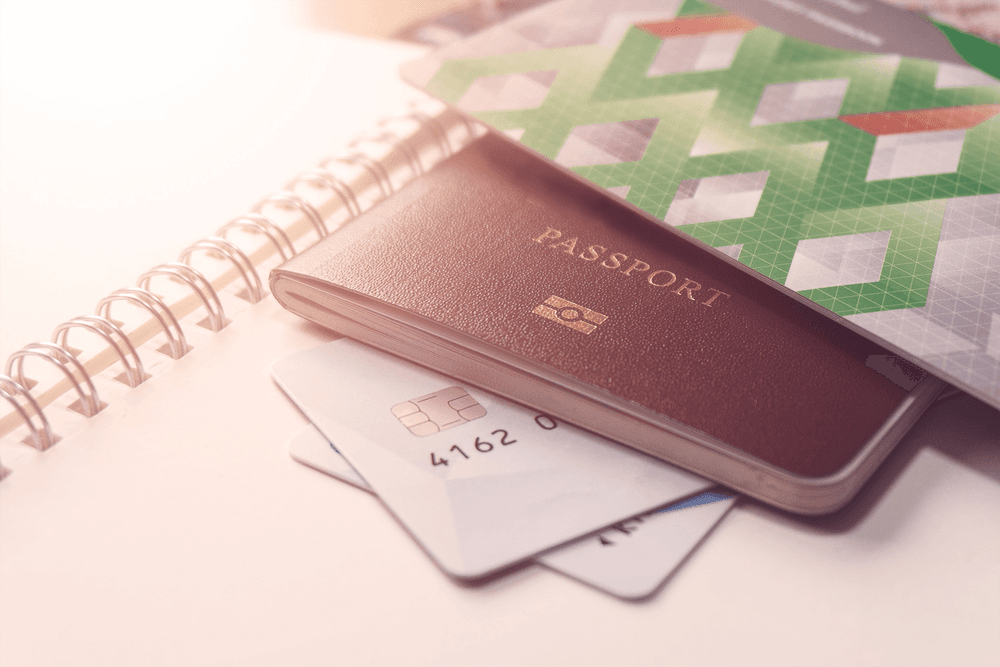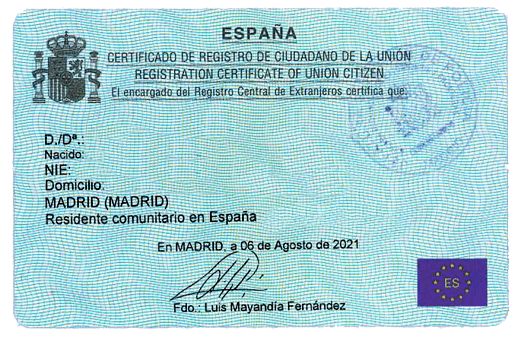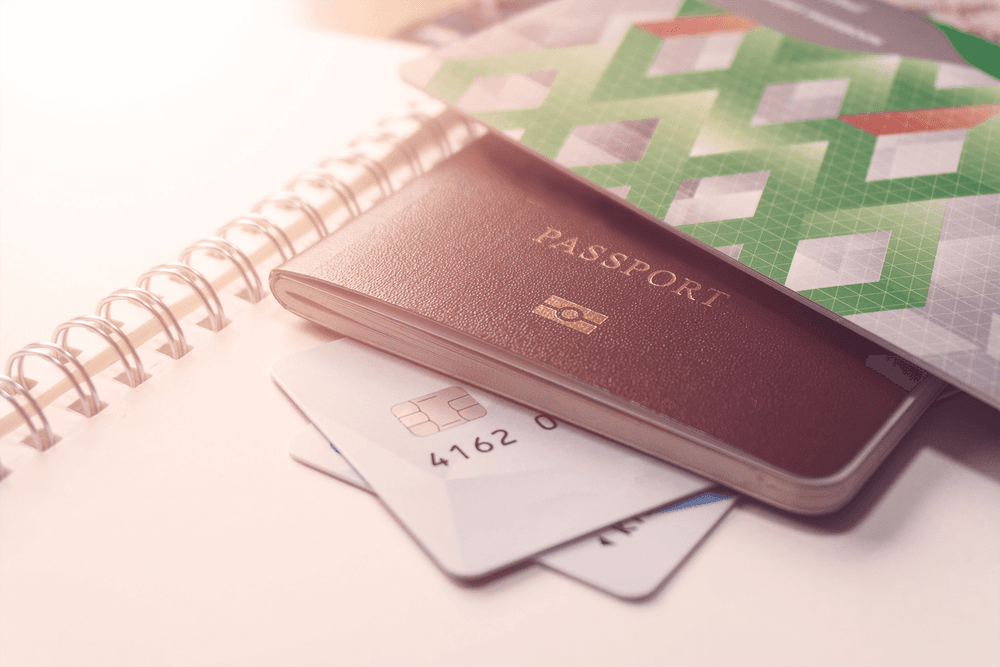Residence Card in Spain (EU): How to Register as a Resident
The complete guide to obtaining your residence card in Spain as an EU citizen. Discover the procedures (green NIE), conditions, and required documents.

International Mobility Expert

Residence Card in Spain (EU): How to Register as a Resident
Why Register as a Resident?
As a French citizen and a national of the European Union, if you stay in Spain for more than 3 months, you must register at the Central Register of Foreigners (Registro Central de Extranjeros). This formality allows you to obtain the residence certificate (certificado de registro), also called the registration certificate for EU citizens, often referred to as the " Green NIE". This official document certifies that you legally reside in Spain and facilitates many local procedures (opening a bank account, accessing healthcare, entering the job market, etc.). In practice, Spanish law states that any EU citizen planning to reside in Spain for more than three months must apply within the first three months of arrival. Once your application is accepted, you will immediately receive a residence certificate with your name, nationality, address, your Foreigner Identification Number (NIE), and the registration date. Obtaining this Green NIE formalizes your presence in Spain and prevents any future problems with the authorities. The validity of this certificate depends on your continued residence in Spain.
Who Must Apply and When?

The procedure is for any applicant from the EU/EEA (and Switzerland) who wishes to stay in Spain for more than 90 consecutive days. Depending on the country of origin, the procedure may vary. You must apply for registration within three months of entering Spain. After this period, your situation is no longer regular. Note that non-EU/EEA nationals, depending on their country, must obtain specific visas or follow other procedures (visa or residence permit) not covered here. For a French citizen, the application must always be made before the expiration of these three months, upon entering Spain, to avoid any violation of residency legislation.
Besoin d'aide pour obtenir votre NIE vert en Espagne ?
Notre équipe d'experts vous accompagne pour obtenir votre NIE vert (résident) rapidement et efficacement.
Plus de 500 NIE verts obtenus
Types of Residence Cards in Spain
Spain offers several types of residence cards to allow foreigners to settle legally in the country, depending on the duration and purpose of their stay. Each residence card meets specific needs and is intended for various situations, whether it is to work, study, join family, or simply live in Spain for an extended period.
Conditions for Registration
Main Eligibility Criteria
- Engage in an economic activity in Spain (employee or self-employed worker).
- Have sufficient financial resources for yourself and your family members without being a burden on the Spanish social assistance system, and have health insurance covering all risks in Spain.
- Be enrolled in an educational institution (public or private, recognized) to pursue studies or other academic or training activities, with health insurance and declared sufficient resources for yourself and your family.
Family reunification allows family members, especially children, to join a resident in Spain, provided they meet each required condition. A family member (spouse, registered partner, dependent children, or other eligible members) who meets one of these conditions can also register. In summary, you must justify a legitimate reason for your stay (work, studies, retirement with sufficient resources) or have adequate financial means and health insurance to obtain the EU resident certificate or the corresponding residence permit. These supporting documents will be requested during the procedure (see below).
Besoin d'aide pour obtenir votre NIE vert en Espagne ?
Notre équipe d'experts vous accompagne pour obtenir votre NIE vert (résident) rapidement et efficacement.
Plus de 500 NIE verts obtenus
Administrative Procedures

To obtain the EU residence certificate (Green NIE), the procedure must be done in person. First, you need to complete several administrative formalities, including making an appointment online at an authorized police station or a Foreigners' Office (Oficina de Extranjeros) in your province of residence. This appointment is made via the Spanish government's electronic office page, by selecting "POLICÍA – CERTIFICADO DE REGISTRO DE CIUDADANO DE LA UE". Once the date is set, applicants must prepare their file with:
- The completed and signed EX-18 form. Download the official model (formulario EX-18) and fill it out in two copies.
- Payment of the fee. Before the appointment, pay the corresponding fee (model 790 code 012). You can pay online or at a bank. After payment, keep the receipt: it must be presented on the day of the appointment.
- Personal documents: your valid passport or identity card, as well as proof of your situation (employment contract or work certificates, payslip, pension notice, certificate of enrollment in university courses or training, etc.), health insurance (European Health Insurance Card or private insurance covering Spain), and proof of financial resources. Also include a proof of address in Spain (utility bill or rental contract). Finally, bring passport photos if necessary.
- A sworn statement attesting that the applicant does not pose a threat to public order, national security, or public health.
Important Advice
These documents are listed in the official procedure. A complete file is crucial: without one of these elements, the application could be delayed or refused. To facilitate the preparation of your file, it is advisable to consult a guide dedicated to these procedures.
On the Day of the Appointment
On the day of the appointment, go to the police station or the Oficina with your complete file (form, supporting documents, proof of payment). The procedures are generally quick for EU citizens: after checking your documents and payment of the fee (if not already done), the official will give you the registration certificate on paper (the famous "green paper") on the spot. This certificate includes your name, nationality, address, NIE, and registration date. Unlike the residence card for non-EU citizens, fingerprints are not taken for European nationals. The document is normally issued to you immediately; in some cases, it may be available within a few days depending on the office.
After Registration: Obligations and Rights
Once registered, you benefit from the rights attached to the status of an EU resident in Spain: you can work freely, benefit from local social security (public health coverage, allowances, etc.), and other services like Spanish citizens. This residence status in Spain also allows you to access different types of residence permits depending on your situation. After five years of legal and continuous residence, respecting the authorized periods of absence, you can apply for a right of long-term permanent residence. Obtaining a long-term EU residence card is then possible, subject to meeting certain administrative criteria (resources, insurance, etc.).
For comparison, France applies similar rules regarding long-term residence, particularly concerning the length of stay, tolerated periods of absence, and the conditions for obtaining residence permits.
On the other hand, you also have obligations: namely, registering at the padrón municipal (register of inhabitants) of your city or town. This registration at the town hall is mandatory for all residents, whether Spanish or foreign, and formalizes your address there. To learn more, consult our guide on the empadronamiento. Finally, note that the EU residence certificate has no expiration date: it remains valid as long as you legally reside in Spain. You will only need to renew your file if your data changes (for example, in case of a move, in which case you should update your address).
Besoin d'aide pour obtenir votre NIE vert en Espagne ?
Notre équipe d'experts vous accompagne pour obtenir votre NIE vert (résident) rapidement et efficacement.
Plus de 500 NIE verts obtenus

